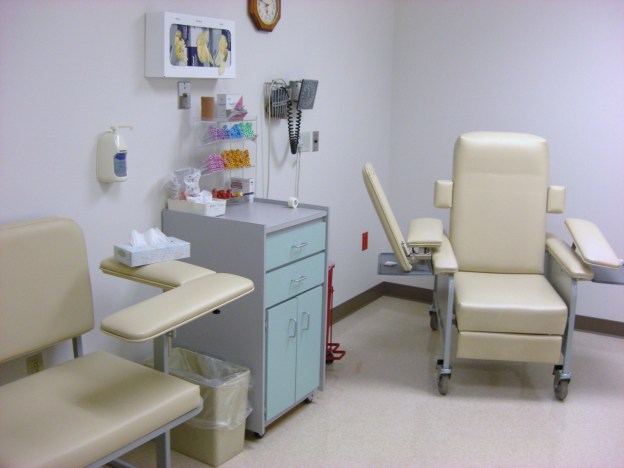
What is an LVN? A licensed vocational nurse, or LVN, is an entry-level healthcare provider that is responsible for providing patients with basic nursing care. Also known as a licensed practical nurse, LVNs play a crucial role in the care of patients of all ages. While a career as an LVN can be incredibly satisfying and rewarding, there’s a road you’ll first have to take to get there.
What is an LVN? – Education Required to Become an LVN
A fair amount of education is required to become an LVN. If you take classes on a full-time basis, you can expect to undergo 12-14 months of training. Conversely, you can expect to be trained for 18-20 months if you take courses part-time. Vocational nursing courses are offered at a variety of learning institutions, including community colleges, high schools, private schools, regional occupational centers and hospitals.
Some of the classes you’ll take en route to becoming an LVN include:
- Anatomy
- Physiology
- Pharmacology
- Nursing Process
- Communication
- Patient Education
- Nutrition
- Normal Growth and Development
You will also take a variety of nursing courses, including rehab nursing, maternity nursing, nursing fundamentals, pediatric nursing, medical/surgical nursing, gerontological nursing, and nursing fundamentals.
What is an LVN? – Duties and Responsibilities
If you consider yourself to be a compassionate and empathetic person, than a career as an LVN will be right for you. The primary duty of an LVN is to help comfort an ease the suffering of those in need of medical care. As a vital component of a healthcare team, LVNs must possess superior communication skills. LVNs also must be extremely punctual and have a keen attention to detail.
As an LVN, you could work in any number of healthcare facilities, including a variety of specialty hospitals, home care agencies, outpatient clinics, doctor’s offices, dialysis centers, blood banks, and correctional facilities.
As an LVN, you can expect to make anywhere from $26,000-$46,000 per year.
